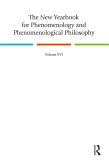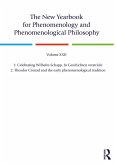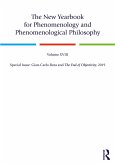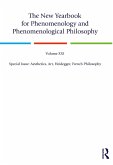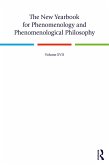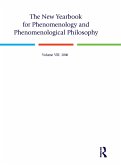Dieser Download kann aus rechtlichen Gründen nur mit Rechnungsadresse in A, B, BG, CY, CZ, D, DK, EW, E, FIN, F, GR, HR, H, IRL, I, LT, L, LR, M, NL, PL, P, R, S, SLO, SK ausgeliefert werden.
Jay Goulding, York University, Canada
"This is a good introduction to an important topic mindfulness in Indian Buddhism in terms of a phenomenological interpretation."
Wing-Cheuk Chan, Brock University, Canada



